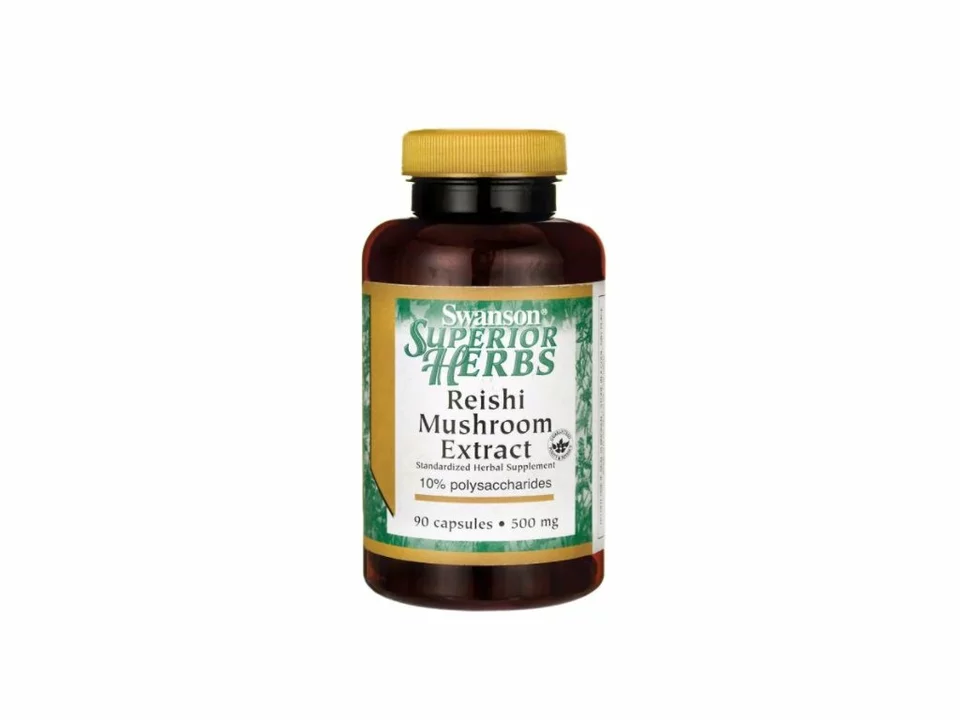Supplement World: Simple, Practical Advice for Choosing and Using Supplements
Most shelves are full of supplements that promise a lot and deliver little. You don’t need expensive labels or buzzwords to get something that actually helps. This page gives down-to-earth tips for picking useful supplements, spotting fakes, and using them without drama.
How to pick a supplement that works
Start with a reason. Ask yourself: What problem am I trying to fix? Joint pain, sleep issues, digestion, or general gaps in diet? If you can’t name the problem, skip the purchase. Supplements work best when they target a clear need.
Look for evidence, not hype. Check one or two reliable sources: clinical studies, government health sites, or trusted medical pages. For example, chondroitin sulfate has research backing for some people with joint pain — but it won’t cure every ache. Probiotics can help certain urinary and digestive issues, yet their effects depend on the strain and dose.
Read the label like a detective. Active ingredient, dose per serving, number of servings, and other ingredients matter. Avoid proprietary blends that hide amounts. If the label promises unrealistic results ("lose 20 lbs in a month"), it’s likely empty promises.
Buying, safety, and smart dosing
Third-party testing is your friend. Look for seals from labs like USP, NSF, or ConsumerLab. Those tests don’t guarantee miracles, but they do confirm the product contains what the label says and is free from common contaminants.
Buy from reputable sellers. If you order online, prefer established pharmacies or well-known retailers. Beware of rock-bottom prices or sites with poor contact info. Our site, PharmRx-1, focuses on trustworthy guidance — use that kind of vetting when you shop.
Check interactions. Supplements can affect prescription medicines. For example, some herbal products interfere with blood thinners or antidepressants. Ask your doctor or pharmacist before mixing anything new with your prescriptions.
Start low and watch how you feel. Many supplements don’t need the highest advertised dose. Try the lowest effective dose for a few weeks, note any side effects, and adjust with professional advice. If something causes stomach upset, rashes, or sleep problems, stop and consult a clinician.
Look for concrete benefits, not vague claims. If a supplement doesn’t help after a proper trial (usually 4–12 weeks depending on the product), consider stopping it and trying another strategy — diet, exercise, or a different compound with better evidence.
Got questions about a specific product? Use our tag pages to find focused articles on chondroitin, probiotics, henna supplements, and more. And if you’re ever unsure, talk to a pharmacist — they catch interactions and can point to realistic expectations.
Supplement world isn’t about buying everything new that drops on social media. It’s about picking the few things that match your needs, using them safely, and measuring real results.
Get to Know Saw Palmetto: The Potent Plant Extract Taking the Supplement World by Storm
I recently came across Saw Palmetto, a potent plant extract that's making waves in the supplement world. This amazing plant, native to the southeastern United States, has a long history of traditional use for supporting urinary and reproductive health. Today, Saw Palmetto supplements are gaining popularity for their potential benefits in promoting prostate health, hair growth, and hormonal balance. I'm excited to explore the science behind this powerful herb and share my findings with you. Stay tuned to learn more about Saw Palmetto and its potential impact on our health and wellness.

